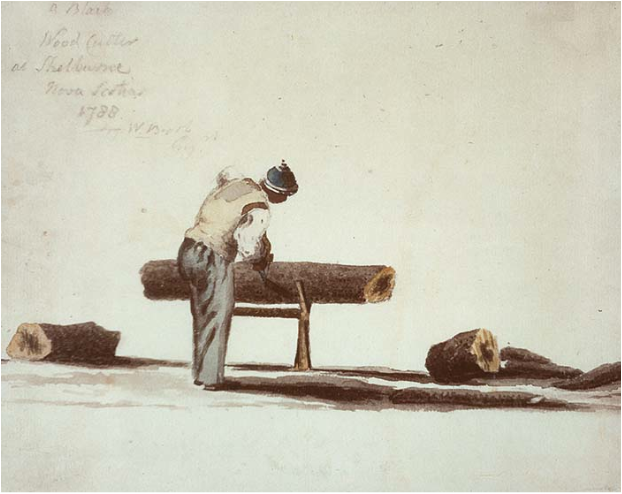Call for Proposals for “Rebellion, Resistance & Refuge” Symposium
Slavery North has issued a call for proposals for a scholarly conference to be held at the University of Massachusetts, Amherst, on 8-12 July 2026 on the topic “Rebellion, Resistance, and Refuge: Slavery and Border-Crossing during the American Revolution.”
The call says:
Scholars whose proposals are accepted in January will be expected to participate fully in the in-person symposium program in Amherst. The organizers will cover the costs of travel, accommodation, and some meals.
The call says:
Like all conflicts, the Revolutionary War (1775–1783) brought disruption, violence, and uncertainty. However, because it unfolded at a moment when Transatlantic Slavery was yet to be abolished in the regions that were to become Canada and the USA, for the enslaved, the war also brought large-scale upheaval of forced inland and maritime migration which opened opportunities for escape and emancipation. On the 250th anniversary of the signing of the Declaration of Independence, Slavery North invites proposals for papers that rethink the cultures, events, and experiences of the war across the liminal borders (regional and proto-national) of British North America.Slavery North therefore “invites proposals for 20-minute papers from graduate students, scholars, professors, and cultural and heritage workers.” Those proposals must include:
While scholars of early America have centered studies on the political motivations and military maneuvers that influenced the rebels, the grassroots impact of sedition, and the interpretation of constitutional debates, most scholarship on the Canadian side of the border has been regionally and thematically biased towards a celebratory focus on White Loyalists in the Maritimes.
Meanwhile, little scholarship – Canadian or American – has been devoted to recuperating and understanding the experiences of the enslaved across regions, origins, identities, climates, geographies, and circumstances. Nor has attention been paid to the turmoil that ensued when White Loyalist enslavers, those they enslaved, and newly freed Black Loyalists were all evacuated into northern (Canadian) territories which had already been shaped by Transatlantic Slavery.
Slavery North invites abstracts for 20-minute papers in Humanities and Fine Arts disciplines that engage new approaches and perspectives, interrogate un(der)studied archives, and tackle original topics and themes on the art, cultural, material, and traditional histories of the Revolutionary War on both sides of the 49th parallel. We especially encourage contributions that recuperate and center the aspirations, resistance, perspectives, and experiences of enslaved people and communities.
- Name, title, affiliation/institution, and location (city, province/state, country)
- Paper title
- Abstract (200-300 words)
- Two-page c.v. (featuring research highlights)
Scholars whose proposals are accepted in January will be expected to participate fully in the in-person symposium program in Amherst. The organizers will cover the costs of travel, accommodation, and some meals.


No comments:
Post a Comment